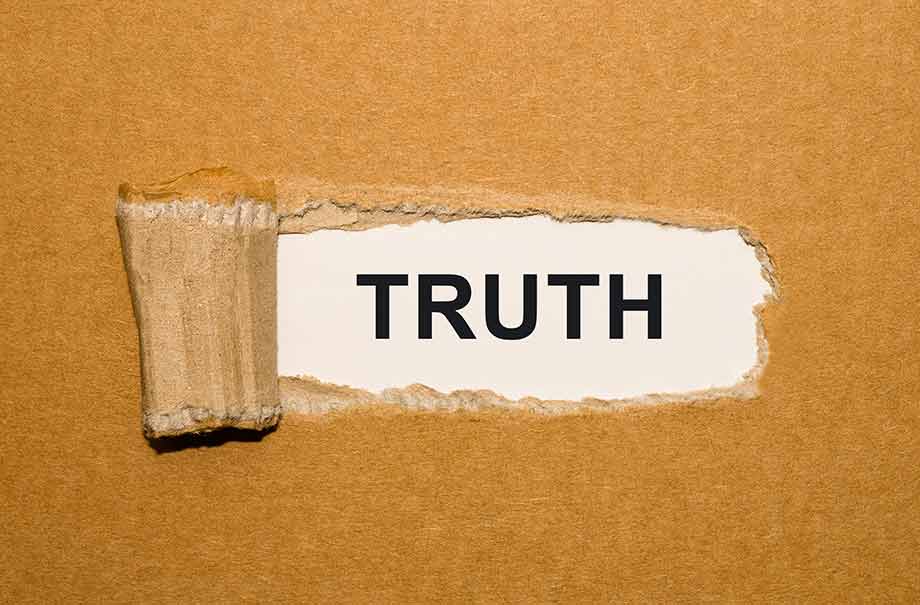6 Things Everyone Should Know Before Leaving Rehab

Assuming you have stuck out your own recommended treatment period, a “quick fix” attitude can still get you in trouble back in the everyday world. If you’re finishing residential treatment and ready to return to your home, job and (non-drug) daily activities, internalizing the following truths will forearm you against many relapse dangers.
1. The Rest of the World Won’t Change to Accommodate You
It’s tempting to expect the world to acknowledge your recovery efforts by lessening the daily frustrations and struggles that initially lured you into drug use. The truth is, most of the world couldn’t care less how hard you worked, and no Higher Power is so indulgent as to guarantee you all green lights on every commute. Accept that life will continue to inconvenience you, and determine in advance not to make it worse by fuming over the unfairness.
2. You’re Entitled to a Lot Less Than You Think
If you’re still tempted to complain about not being compensated for what you do right, consider whether you’d want to be equally compensated for what you’ve done wrong. Half of the 12 Steps touch on the need to admit and make amends for one’s mistakes, yet few if any people can ever do enough good to eliminate all the negative effects of their wrongdoings. Instead of turning bitter because you still aren’t getting everything you want, be grateful you aren’t getting everything you deserve.
3. Recovery Has No Real End Point
It’s a universal law of life that if you aren’t making daily progress—in health, vocation, or character—you’ll automatically start moving in the wrong direction. Getting complacent about sobriety could set you up for that “one” drink that knocks you back to square one. Accept that every day from now on must be a sober day, and don’t try to calculate a future time when you can return to pre-addiction social drinking.
4. Recovery Is for Every Day
“Abstinence is for life” doesn’t mean you should emphasize it as a life sentence. If you do, you’ll ruin your present by visualizing a wasteland of deprivation in your future. You only have to live one decision at a time—so determine to say “no” to the next drink and make better use of the next hour, then once that “next” is past, do it again. It’s a lot easier to take on decisions one by one than try to shoulder the combined weight of every possible decision to come.
5. The Old Standby Is Not the Only Option
Determine not to think in terms of “What will I do without drugs for comfort/stress relief/energy?” Instead, explore alternate means of self-soothing, healthier ways to get the benefits you found in chemical supplements. You likely have been thinking of drugs as the coping method: realize that there are many better methods available.
6. There’s More to Life Than Instant Solutions
And if you’re disappointed that natural methods of comfort aren’t as effortless as artificial methods, remember that the positive effects are also longer-lasting, and the long-term rewards far greater. Do you really want to make the minimizing of discomfort your highest long-term goal? Wouldn’t you rather learn to live fully in every moment and embrace a purpose that could bring far greater benefits to yourself and others?
If you want to reap the full long-term benefits of detox and rehab, think of it not simply as a “cure,” but as the first step into a whole new life.

